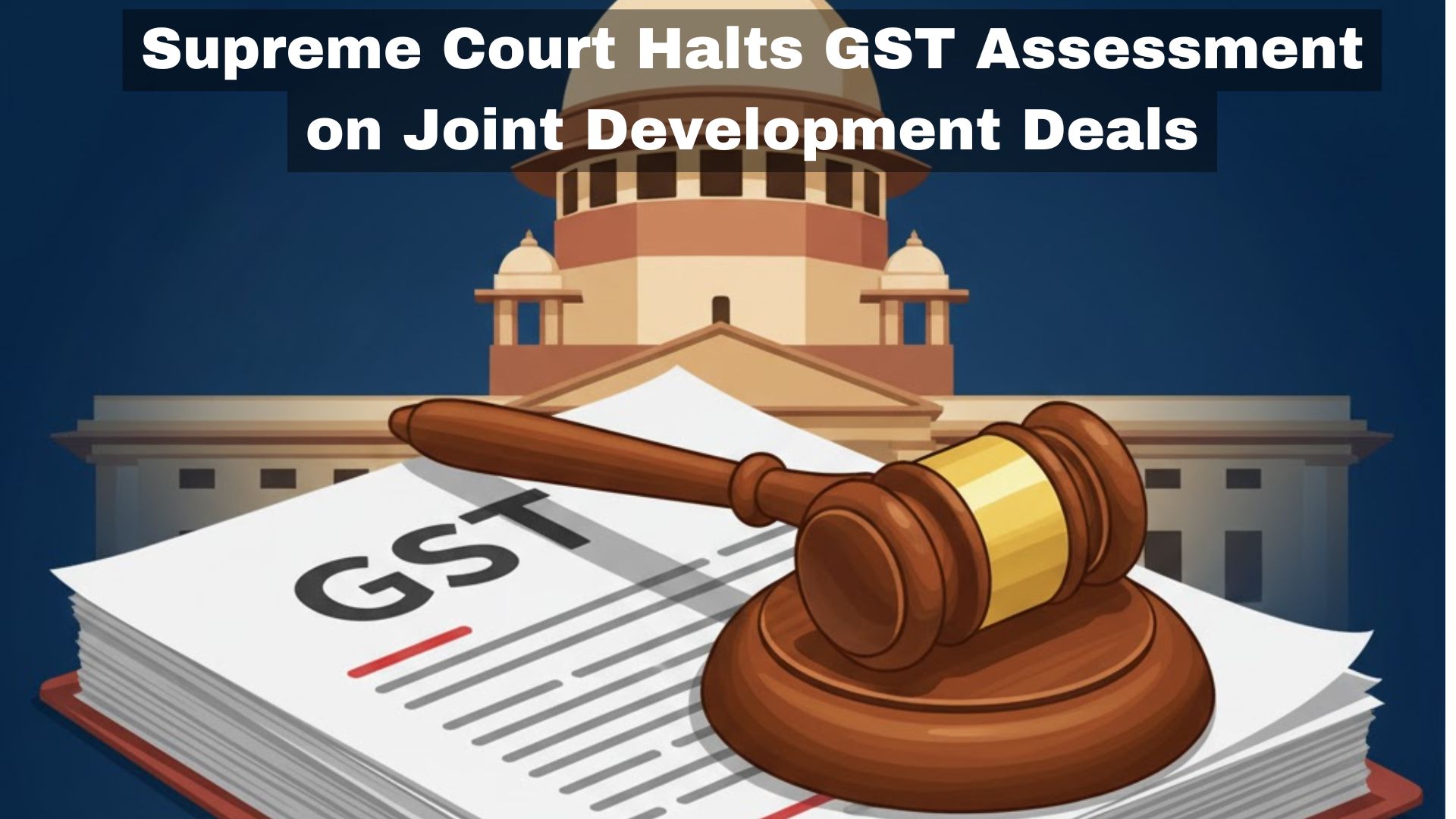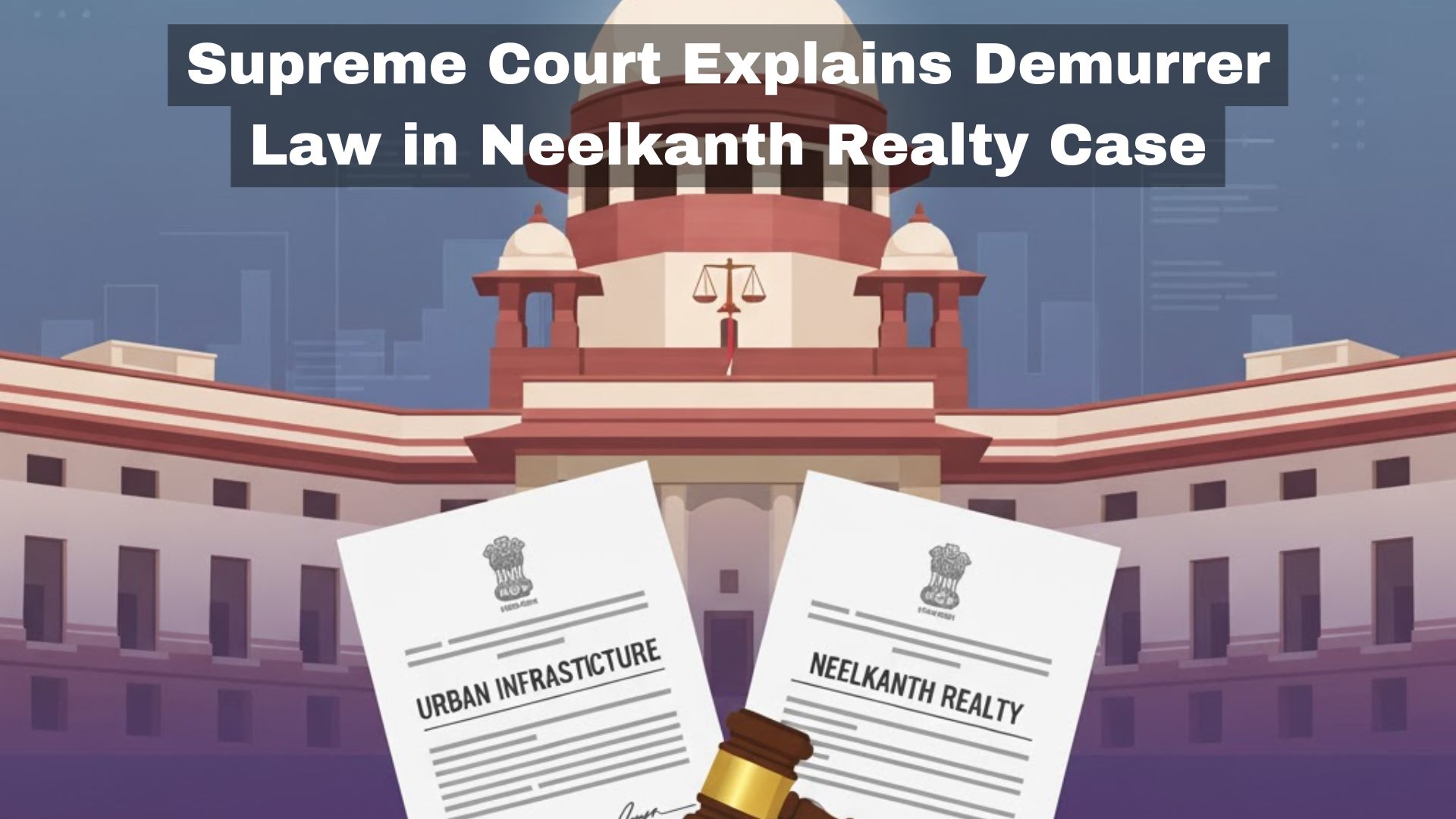@JUDGMENTTAG-ORDER
1. This writ petition has been filed challenging the judgment and order dated 9th July, 2013 passed by the Central Administrative Tribunal, Calcutta
Bench in case No. O.A. 1054 of 2012 whereby the learned Tribunal disposed of the application filed by the petitioner herein by directing the
concerned respondents to ascertain whether any amount was recovered from the petitioner after service of due notice in accordance with law.
Learned, Tribunal specifically observed that no order involving pecuniary damages and consequential loss can be effected without issuing show
cause notice.
2. The petitioner herein filed an application before the learned Tribunal challenging the order dated 19th October, 2012 issued by the Additional
Director, Central Government Health Scheme whereby the petitioner was informed about the over payment of Rs. 69022/- and the said petitioner
was further informed that the aforesaid payment of Rs. 69022/- should be recovered. As a matter of fact it appears from the Pension Payment
Order that the aforesaid over payment of Rs. 69022/- was recovered from the petitioner after his retirement.
3. Learned advocate representing the petitioner submits that the said petitioner is entitled to receive the pension on the basis of last pay certificate
issued by the respondent authority.
4. Since the error was detected with regard to the last payment made to the petitioner herein, the competent authority corrected the said error
subsequently, which in our opinion is permissible in law. If any error is detected with regard to fixation of pay scale even after retirement of the
employee concerned, said error can be rectified by the competent authority after giving a reasonable opportunity of hearing to the petitioner. In the
present case, no opportunity was given to the petitioner herein. Therefore, the learned Tribunal was justified in directing the authorities concerned
to take appropriate decision after giving an opportunity of hearing to the petitioner with regard to the recovery of over payment dues.
5. Mr. Chanda, learned Advocate representing the Union of India relied on a decision of Hon''ble Supreme Court in the case of Chandi Prasad
Uniyal and Others Vs. State of Uttarakhand and Others, and submits that in case of wrong/irregular fixation, if any excess amount was paid to an
employee then the concerned authority is empowered to recover the said excess payment.
6. Mr. Chanda relies on paragraphs 16 and 17 of the aforesaid decision of the Supreme Court in the case of Chandi Prasad Uniyal and Others Vs.
State of Uttarakhand and Others, The aforesaid paragraphs 16 and 17 are set out hereunder:
16. We are concerned with the excess payment of public money which is often described as ""tax payers money"" which belongs neither to the
officers who have effected overpayment nor that the recipients. We fail to see why the concept of fraud or misrepresentation is being brought in
such situations. Question to be asked is whether excess money has been paid or not may be due to a bona fide mistake. Possibly, effecting excess
payment of public money by Government officers, may be due to various reasons like negligence, carelessness, collusion, favouritism etc. because
money in such situation does not belong to the payer or the payee. Situations may also arise where both the payer and the payee are at fault, then
the mistake is mutual. Payments are being effected in many situations without any authority of law and payments have been received by the
recipients also without any authority of law. Any amount paid/received without authority of law can always be recovered barring few exceptions of
extreme hardships but not as a matter of right, in such situations law implies an obligation on the payee to repay the money, otherwise it would
amount to unjust enrichment.
17. We are, therefore, of the considered view that except few instances pointed out in Syed Abdul Qadir and Others Vs. State of Bihar and
Others, and in Col. B.J. Akkara (Retd.) case Col. (Retd.) B.J. Akkara Vs. The Govt. of India and Others, the excess payment made due to
wrong/irregular pay fixation can always be recovered.
7. In the aforesaid decision the Hon''ble Supreme Court also considered the earlier three Judge Bench judgment of the Supreme Court in the case
Shyam Babu Verma and Others Vs. Union of India (UOI) and Others, 1 wherein the three Judge Bench of the Hon''ble Supreme Court
specifically held that it would not be just and proper to recover any excess amount from a retired employee.
8. In the aforesaid case of Chandi Prasad Uniyal and Others Vs. State of Uttarakhand and Others, ) another three Judge Bench judgment in the
case of Syed Abdul Qadir and Others Vs. State of Bihar and Others, was considered wherein the Supreme Court granted relief to the retired
teachers referring to the earlier decision of the three Judge Bench judgment in the case Shyam Babu Verma (supra).
9. The aforesaid three Judge Bench decisions of the Supreme Court will govern the field and cannot be ignored by the High Court. As a matter of
fact the ratio decided in the aforesaid three Judge Bench judgments of the Supreme Court in the case Syed Abdul Qadir and Others Vs. State of
Bihar and Others, is still good law since the Supreme Court in any subsequent decision did not overrule the same.
10. Therefore, following the larger Bench judgment of the Supreme Court in the case of Syed Abdul Qadir and Others Vs. State of Bihar and
Others, we are of the opinion that the respondent authorities had no right to recover any amount from the retirement benefits of the petitioner
specially when it was never alleged that the aforesaid over payment was made due to any misrepresentation or fraud committed by the petitioner
herein.
11. We, therefore, direct the respondent authorities to refund the amount already recovered from the petitioner after his retirement. The respondent
authorities should refund the aforesaid amount within four weeks from date positively. However, we make it clear that the authorities will be
entitled to refix the pay scale on detection of any error even after retirement of the petitioner after giving a reasonable opportunity of hearing to the
said petitioner as directed by the learned Tribunal. With the aforesaid observations and directions, this writ petition stands disposed of.
There will be no order as to costs.

